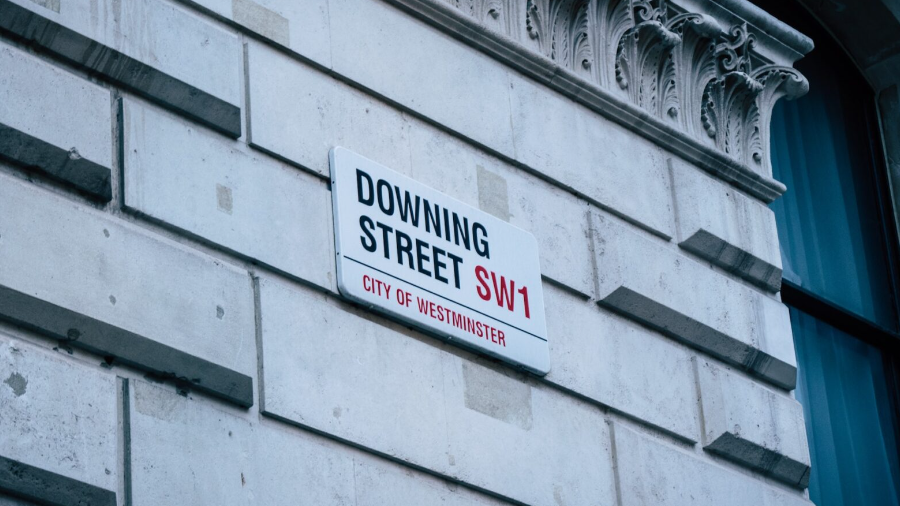Downing Street officials find themselves in a race against time to finalise an agreed communique from global leaders concerning the escalating concerns surrounding artificial intelligence.

This hurried effort comes in anticipation of the UK’s AI Safety Summit scheduled next month at the historic Bletchley Park.
The summit, designed to provide an update on White House-brokered safety guidelines – as well as facilitate a debate on how national security agencies can scrutinise the most dangerous versions of this technology – faces a potential hurdle. It’s unlikely to generate an agreement on establishing a new international organisation to scrutinise cutting-edge AI, apart from its proposed communique.
The proposed AI Safety Institute, a brainchild of the UK government, aims to enable national security-related scrutiny of frontier AI models. However, this ambition might face disappointment if an international consensus is not reached.
Claire Trachet, tech industry expert and CEO of business advisory Trachet, said:
“I think that this marks a very important moment for the UK, especially in terms of recognising that there are other players across Europe also hoping to catch up with the US in the AI space. It’s therefore essential that the UK continues to balance its drive for innovation with creating effective regulation that will not stifle the country’s growth prospects.
While the UK possesses the potential to be a frontrunner in the global tech race, concerted efforts are needed to strengthen the country’s position. By investing in research, securing supply chains, promoting collaboration, and nurturing local talent, the UK can position itself as a prominent player in shaping the future of AI-driven technologies.”
Currently, the UK stands as a key player in the global tech arena, with its AI market valued at over £16.9 billion and expected to soar to £803.7 billion by 2035, according to the US International Trade.
The British government’s commitment is evident through its £1 billion investment in supercomputing and AI research. Moreover, the introduction of seven new AI principles for regulation – focusing on accountability, access, diversity, choice, flexibility, fair dealing, and transparency – showcases the government’s dedication to fostering a robust AI ecosystem.
Despite these efforts, challenges loom as France emerges as a formidable competitor within Europe.
French billionaire Xavier Niel recently announced a €200 million investment in artificial intelligence, including a research lab and supercomputer, aimed at bolstering Europe’s competitiveness in the global AI race.
Niel’s initiative aligns with President Macron’s commitment, who announced €500 million in new funding at VivaTech to create new AI champions. Furthermore, France plans to attract companies through its own AI summit.
Claire Trachet acknowledges the intensifying competition between the UK and France, stating that while the rivalry adds complexity to the UK’s goals, it can also spur innovation within the industry. However, Trachet emphasises the importance of the UK striking a balance between innovation and effective regulation to sustain its growth prospects.
“In my view, if Europe wants to truly make a meaningful impact, they must leverage their collective resources, foster collaboration, and invest in nurturing a robust ecosystem,” adds Trachet.
“This means combining the strengths of the UK, France and Germany, to possibly create a compelling alternative in the next 10-15 years that disrupts the AI landscape, but again, this would require a heavily strategic vision and collaborative approach.”
© OfficialAffairs